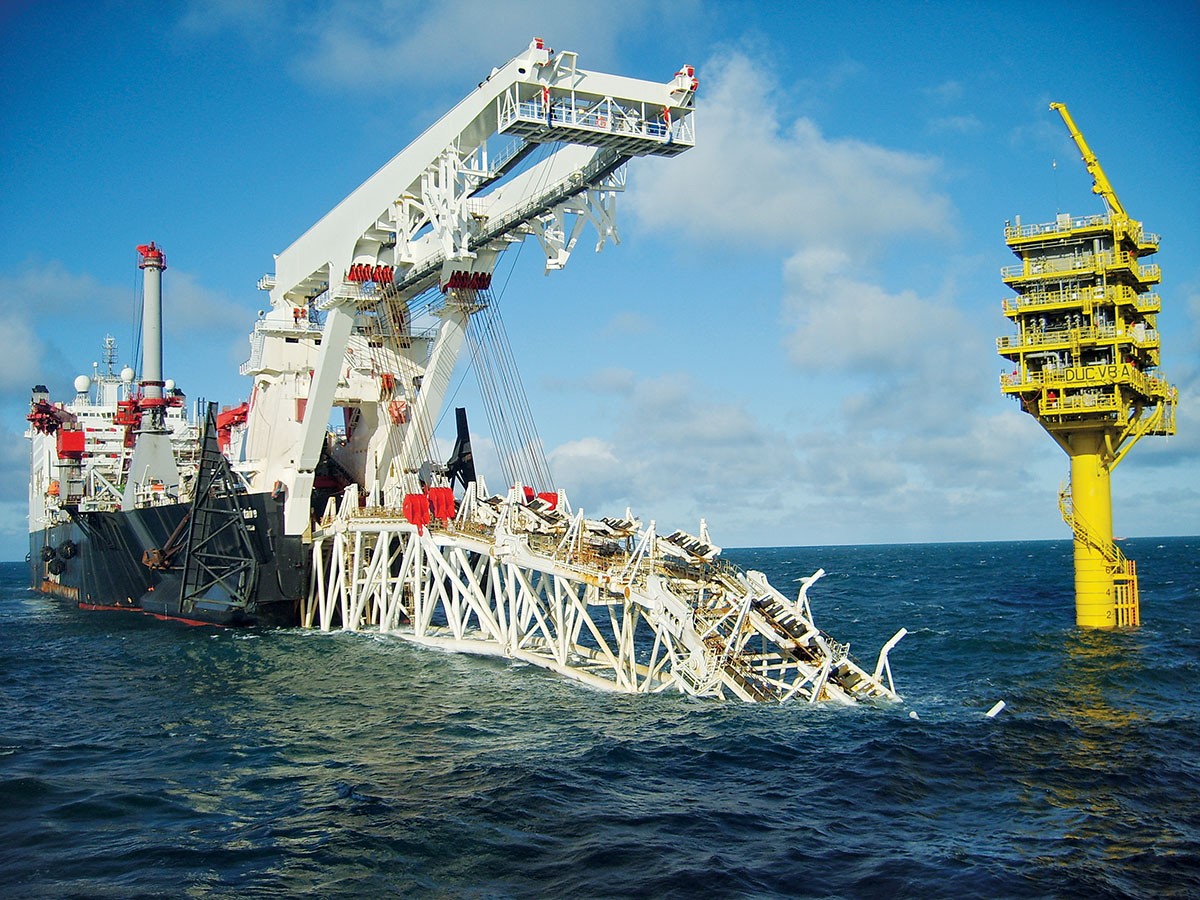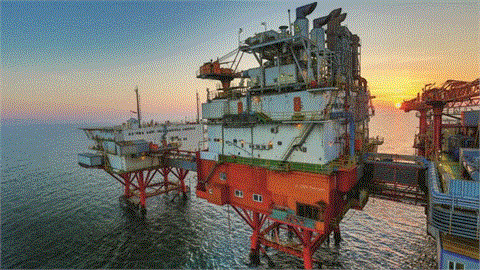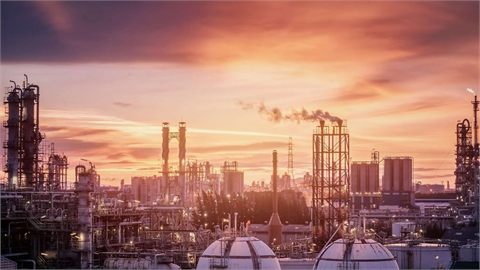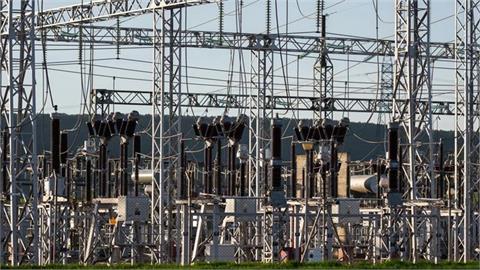Nord Stream-2 said on 15 April that the company had submitted an application for a third route option for the pipeline from Russia to Germany in the Danish exclusive economic zone (EEZ), accusing Denmark of deliberately trying to delay the project’s completion.
By Kostis Geropoulos
Nord Stream-2 said on 15 April that the company had submitted an application for a third route option for the pipeline from Russia to Germany in the Danish exclusive economic zone (EEZ), accusing Denmark of deliberately trying to delay the project’s completion. "Irrespective of its own starkly different legal assessment, Nord Stream 2 AG is now forced to submit this third application as a mitigation measure,” Nord Stream-2 said in a statement.
Asked if the third application is more realistic than the two pending applications, Nord Stream-2 EU representative Sebastian Sass told New Europe on 15 April that the previous two applications haven’t been rejected. "They are still pending. Both our previous applications – territorial waters and northwestern routes – have been through thorough consultations with the public and expert authorities, both nationally and internationally – the so-called Espoo procedure, showing that all technical and environmental prerequisites are fulfilled and a construction permit can be granted for either route,” he said.
Sass argued that the Danish Energy Authority (DEA) could permit the northwestern route immediately, whilst a DEA permit for the territorial water route would be subject to the prior recommendation of the Danish Ministry of Foreign Affairs. "Therefore, we do not agree with the DEA decision forcing us to file a third application for a route southeast of Bornholm,” Sass said.
He stressed that two fully processed, ready-to-be-permitted applications are already on the table. "Nord Stream 2 expects to receive fair treatment. Project developers and investors have to rely on the rule of law,” he quipped. Nord Stream-2 has been controversial as several countries, the European Commission and the United States argue that it will increase Europe’s reliance on Russian gas supplies and reduce gas transit via Ukraine.
Russian gas monopoly Gazprom is the sole shareholder for Nord Stream-2. However, five major European energy companies as financial investors from Austria, France, Germany and the Netherlands back the project. More than 1,000 kilometres, approximately the distance from Copenhagen to Paris, of the two lines have been laid.
EU finally approves amendments to Gas Directive
In another move that could possibly complicate Nord Stream-2, the European Council said on 15 April that the rules governing the EU’s internal gas market would in future also apply to pipelines to and from third countries. "The Council today (15 April) formally adopted an amendment to the so-called gas directive which aims at closing a legal gap in the EU’s regulatory framework and boosting competition in the gas market. This is the final step in the legislative process,” the EU Council said in a press release. "I am very happy that this important file has been adopted,” Romania’s Energy Minister Anton Anton said. "We worked hard to find a compromise that would be acceptable to everyone, and I think we now have a good solution which will guarantee that we have a fair and competitive European gas market,” he added.
According to the European Council, the overall objective of the amendment to the gas directive is to ensure that the rules governing the EU’s internal gas market apply to gas transmission lines between a member state and a third country, up to the border of the member state’s territory and territorial sea.
(neweurope.com)




